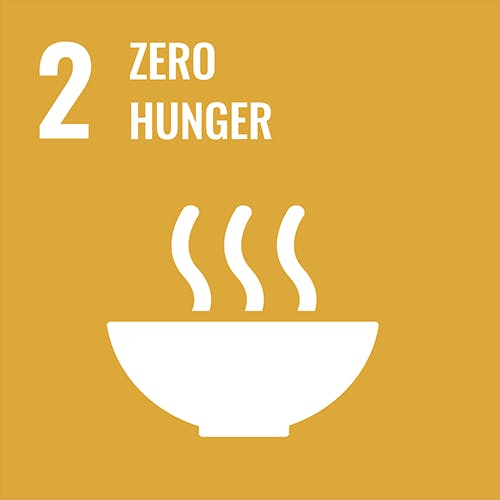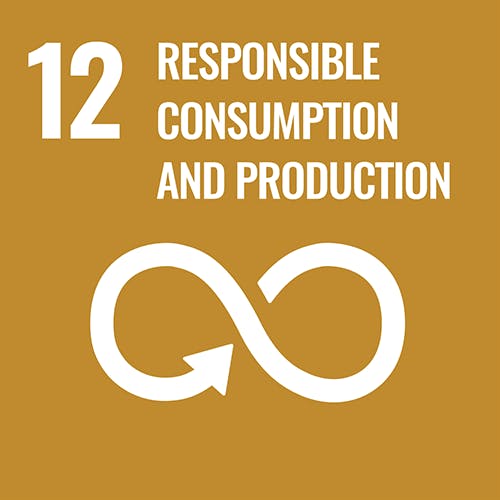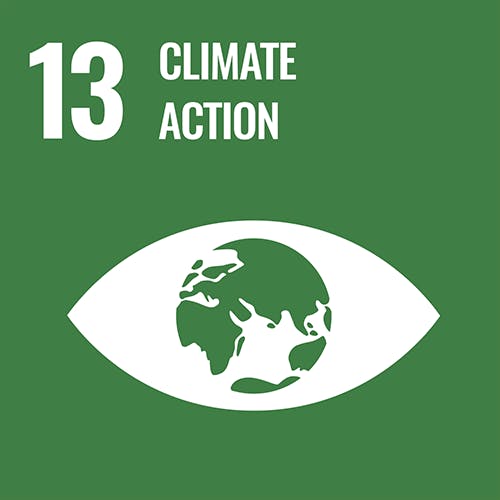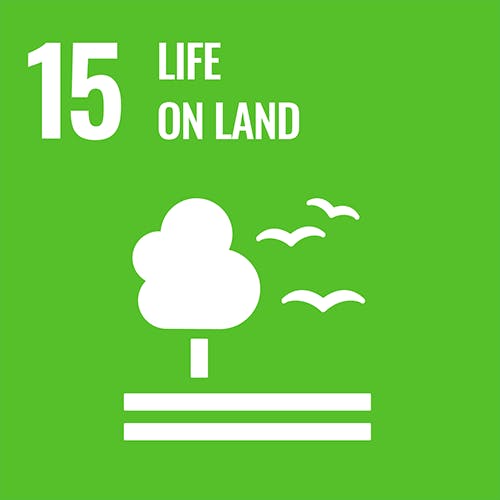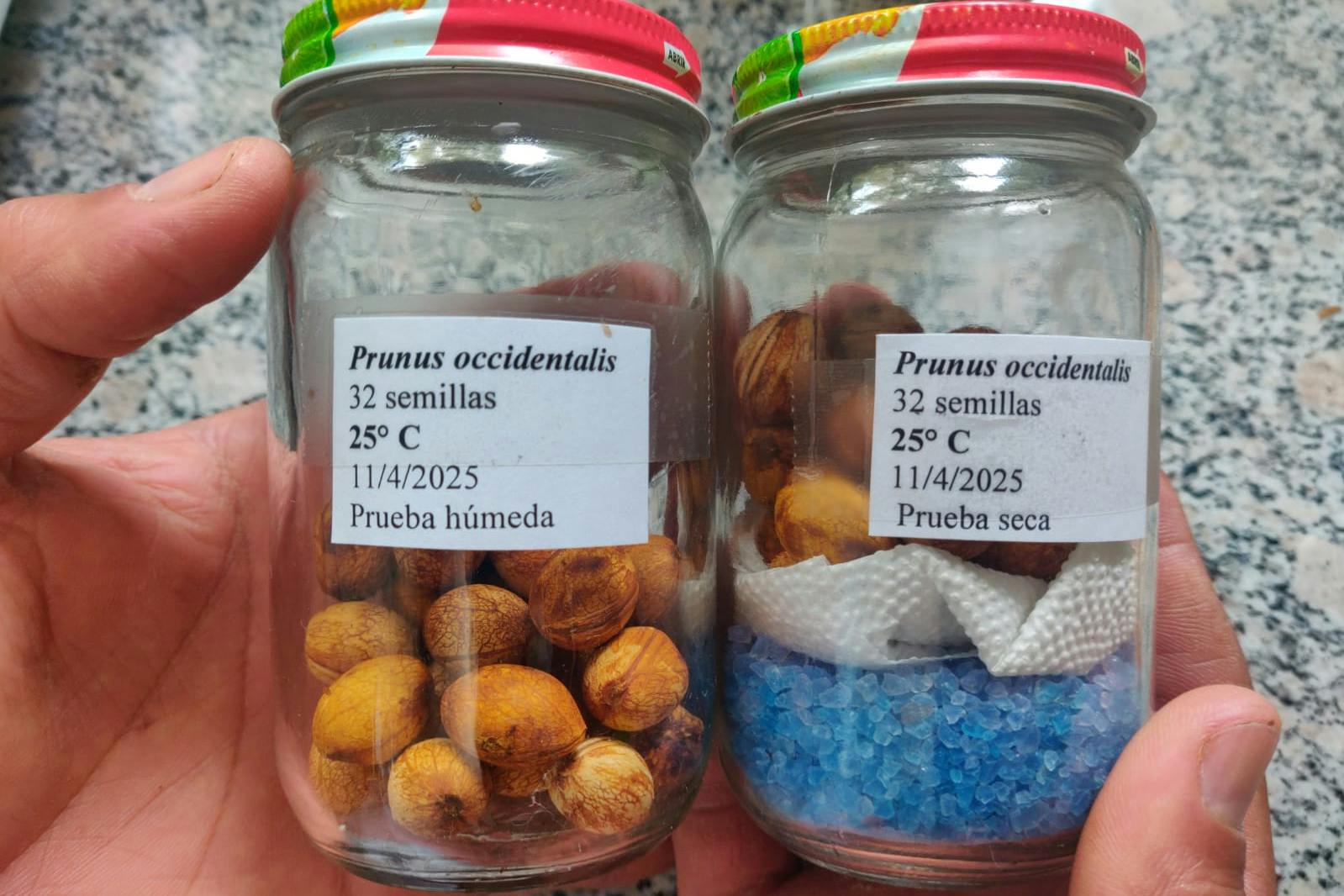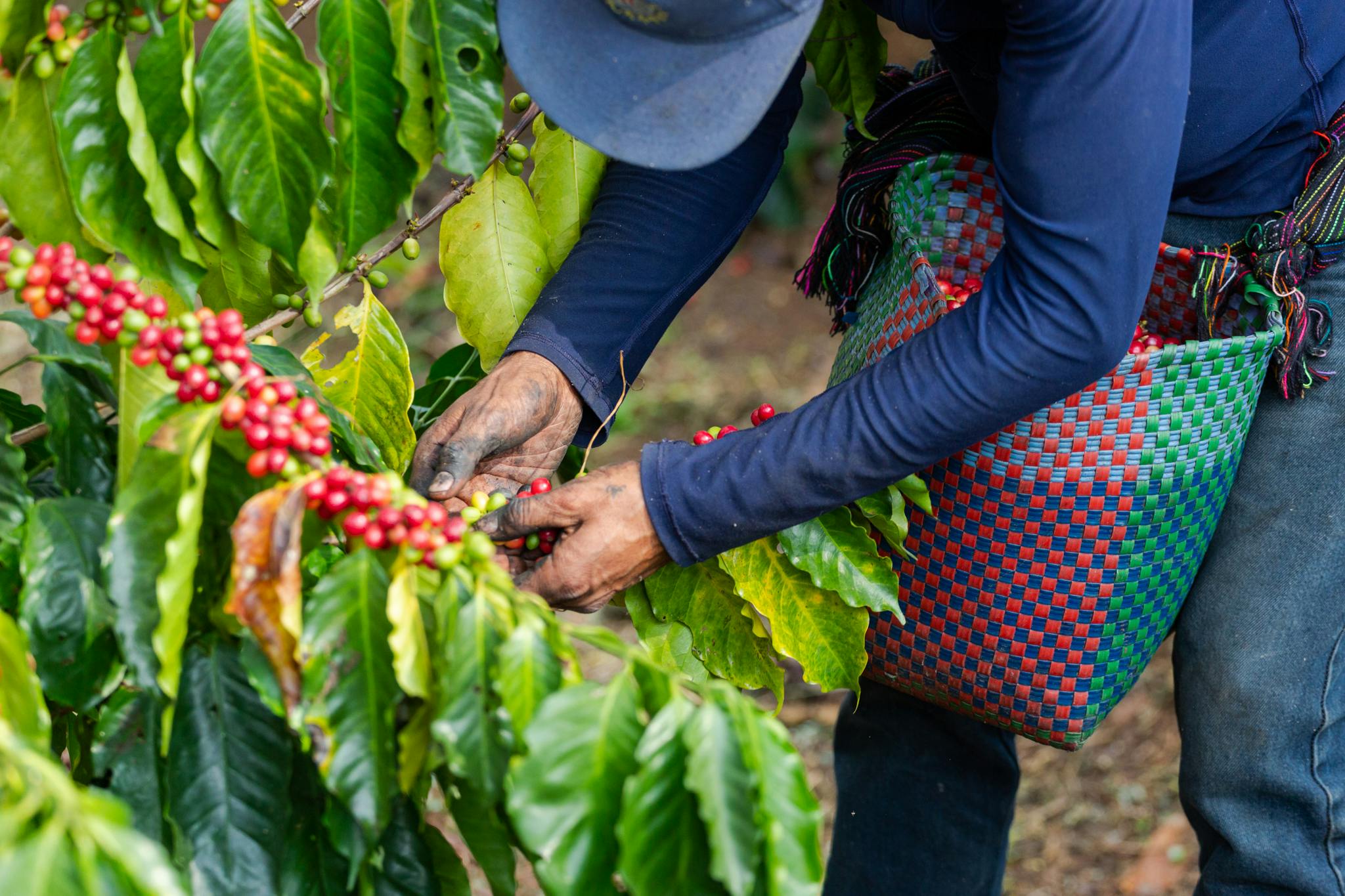
The Science Of Nature
Building the world's biggest fund for biodiversity
In our Guest Editor series, we spotlight thought leaders from a range of industries as they tackle some of humanity's biggest challenges.
Professor Alexandre Antonelli is the Executive Director of Science at the Royal Botanic Gardens, Kew. His aim is to further develop Kew as a global centre of excellence and plant and fungal knowledge, and promote evidence-based solutions to our planet's greatest challenges. Alexandre's research focuses on the diversity, distribution and conservation of plant and fungi species.

The natural world is in crisis; the evidence is overwhelming. Since my childhood, 17% of the Amazon has been cut down, and biodiversity is declining at rates never seen in human history.
As reported in our fifth State of the World’s Plants and Fungi report, an estimated 45% of the world’s flowering plants are at risk of extinction. Yet, we continue to clear our forests for agriculture, pollute our soils and waters, and strip nature of all its resources.
It is an unsustainable development, and we are at risk of causing irreversible damage to the systems that form the very foundations of our welfare and economic stability. We cannot accept this.
At the Royal Botanic Gardens, Kew, we are acutely aware of the scale of the problem, and we aspire to end this extinction crisis and to help build a world where nature is cherished, protected and managed sustainably. One of the tools in our arsenal is the Millennium Seed Bank (MSB) located at our wild botanic garden Wakehurst in Sussex, a conservation project so ambitious that Sir David Attenborough called it ‘perhaps the most significant conservation initiative ever’.
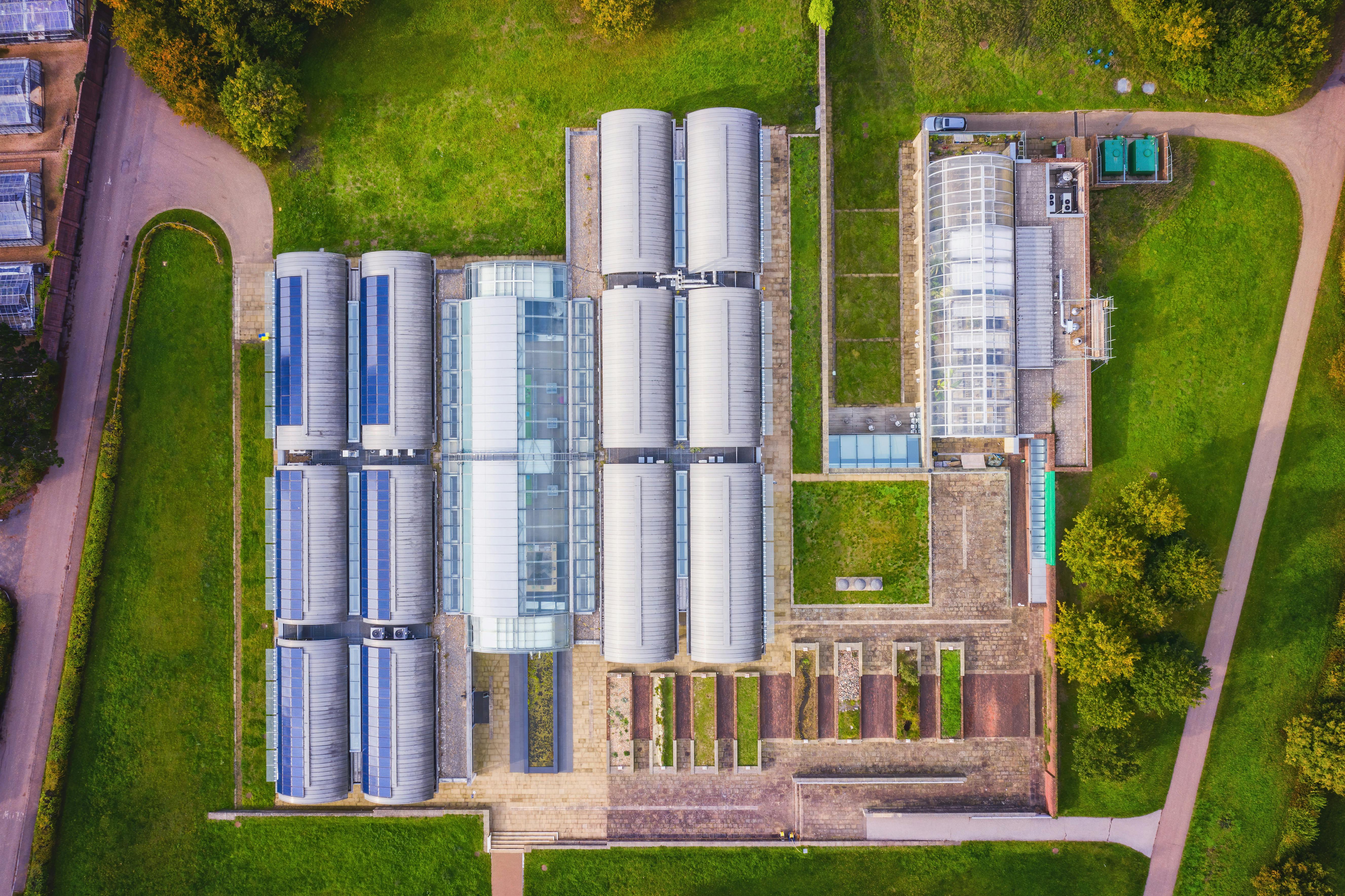
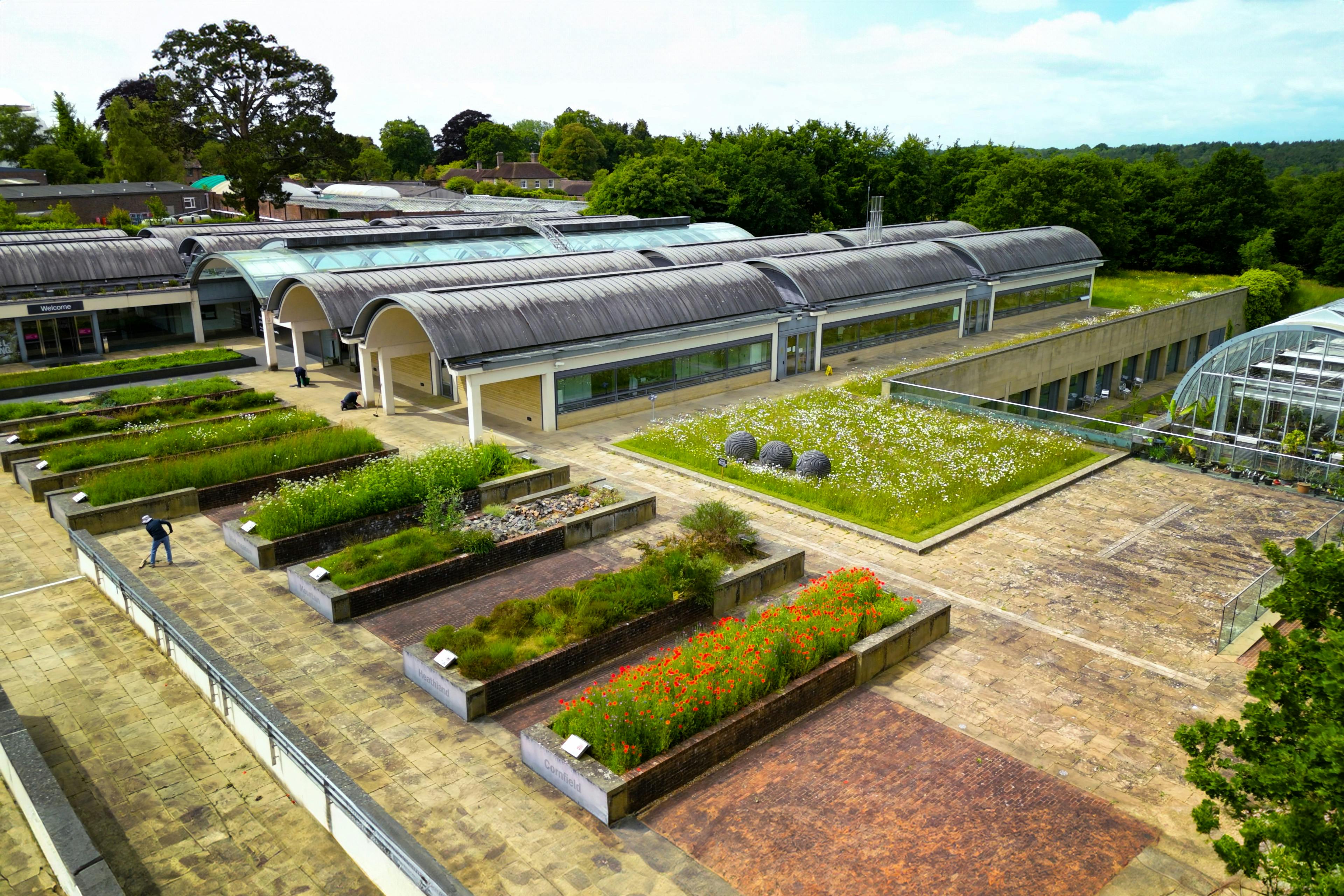
This incredible facility, which this week celebrates its 25th anniversary, is the most biodiverse spot on the planet and home to nearly 2.5 billion seeds, representing more than 40,000 species of wild plants. When it was first envisioned nearly three decades ago, the seed bank was seen as an insurance policy for the future, a means of protecting the genetic diversity of wild plant life in a bid to ensure that should a species go extinct, there would be a way of bringing it back to life.
But the MSB is so much more than that. Kew’s scientists and their partners are actively using the collections to aid ecosystem restoration and reintroduce species back to the wild.
When wildfires ravaged Australia during the Black Summer of 2019–2020, populations of the rare clover glycine (Glycine latrobeana) were wiped out. Thankfully, the MSB held more than 1,000 seeds that had been banked back in 2007. Working with our colleagues at the South Australian Seed Conservation Centre, we sent 250 of them back to be propagated and reintroduced to the wild. Today, they are thriving again in their native ecosystems.
Such collaborations constitute a core strength of the MSB – the global partnerships built and cultivated over the years through the Millennium Seed Bank Partnership (MSBP).
Not only has the MSBP aided ex situ conservation on an unprecedented scale, but it has also actively helped our partners develop their own seed banking capabilities, trained new generations of seed scientists, and built capacity where it was most needed.
Since 2000, 96 students have successfully completed their MSc and PhD projects at the MSB, and in the past five years alone, we have trained more than 850 professionals on site as well as in partner countries, including Ghana, Greece, Indonesia, Madagascar and Mozambique.

Our work with partners in South Africa, one of the MSB’s longest and most fruitful collaborations, has helped to develop the country’s national seed collection at the South African National Biodiversity Institute (SANBI).
We are now working on restoration projects in Ghana, Indonesia, Madagascar, Sierra Leone and Thailand through the Weston Global Tree Seed Bank, conserving the seeds of rare, endangered and useful trees, while investigating how we can scale up seed supply for reforestation.
Closer to home, the work done here in the UK has also been incredibly fruitful. Over the past 25 years, we have made more than 9,000 collections that represent about 77% of the UK’s wild plant species, as well as 89% of threatened species. No other national flora is represented on this level, and the seeds are in high demand for research, conservation and restoration. We have also worked on 100 restoration projects across the UK with more than 50 partner organisations.
Now, as we look to the next 25 years of the seed bank, we need to think about building on these strengths and taking them to the next level. It is not going to be an easy task; scaling up ecosystem restoration, reintroducing agro-biodiversity back into our food systems, and saving our most threatened plants will require considerable efforts and funding.
The need for resources isn’t a reality that is unique to Kew. Globally, there is a massive shortfall when it comes to securing the funds needed to drive positive change for nature. A BloombergNEF report from last year estimated that we need around USD 700 billion annually in conservation funding if we are to protect and reverse biodiversity loss by 2030. That is over $100 billion more than their previous estimates, and the bill is rising.
And we don’t even understand yet what the full impact of unmitigated climate change on our economies is going to be. By some estimates, we’re looking at $5 trillion worth of nature-related economic risks. To put that into perspective, that is more than the GDP of the United Kingdom.
As a conservation charity, we’re asking the public to support our cause.
We are launching a £30m Seeds Future Fund in order to scale up the MSB’s critical scientific mission to prevent plant extinction, restore species-rich habitats and provide nature-based solutions. By donating, supporters will help accelerate Kew’s pioneering work to safeguard plant diversity and ecosystems worldwide.
Please visit www.kew.org/seeds for more information.
Ultimately, if we want to secure our future, we need to understand that plant diversity is key to a healthy and thriving planet for all.

